EnviroSustain Impact Report 2021
We are very excited to share the publication of our 2021 ESG report on our dedicated ESG website.
For anyone who doesn’t know, ESG stands for ‘Environmental, Social, and Governance’. These are the three pillars of sustainable impact reporting. Respectively, these pillars consider; how a company performs as a steward of the environment, how they manage their employees and impact the community in which they work, and how the company is governed.
As a company for whom sustainability is at the heart of what we do, our impact, and measuring our impact, is particularly important to us - which is why we have a dedicated website to report our ESG impact.
What happened in 2021?
Over the past year, we celebrated our 20th birthday(!), increased the size of our team by 10%, started covering the cost of public transport for all our staff, and offset
151.18 tonnes of CO2
with
Ecologi.
Some elements of the 2021 report were challenging. The Covid pandemic continued to significantly disrupt work, with many of our team members working from home. This meant we were unable to provide accurate numbers in some areas like waste and energy, however, we still feel we have a clear idea of our priorities and goals for 2022 (many of which are already underway).
Our top five goals are:
- Pursue the most important needs further
In our opinion, the ‘most important needs’ are the needs of the environment. We feel it is no longer acceptable to meet bare minimum requirements for the protection of the natural environment, and we will be working with and supporting our clients in surpassing the bare minimum. - Create more (positive) impact
In January 2022, we began our ‘impact of the month’ initiative, where we started supporting a different social or environmental project each month. Our support can be categorised in a variety of ways, from providing funding, to taking part. - ESG education
For more people and companies to take part in ESG reporting, more people and companies need to understand ESG reporting. To this end, we are providing more training and information for both our staff and our clients, and are planning an ESG-specific event for all our staff toward the end of the year. - Install a smart home system for our office
We plan to install smart home thermostats in our office in order to optimise our energy usage, and collect more accurate data on our consumption. - Plant more trees
Finally, we aim to support a campaign run by the Berlin Senate Department for the Environment Urban Mobility, Consumer Protection and Climate Action, which aims to plant many more trees locally, creating more safe green spaces. We will also continue to plant trees with Ecologi, with the target of planting 100,000 trees by 2025.
Want to read more about our 2022 goals, or peruse our 2021 ESG report?
Head over to the website!









Head Office, Berlin,
Neue Grünstraße 17 | 18 Hof 1 | TRH 3
10179 Berlin
© ES EnviroSustain GmbH 2021




